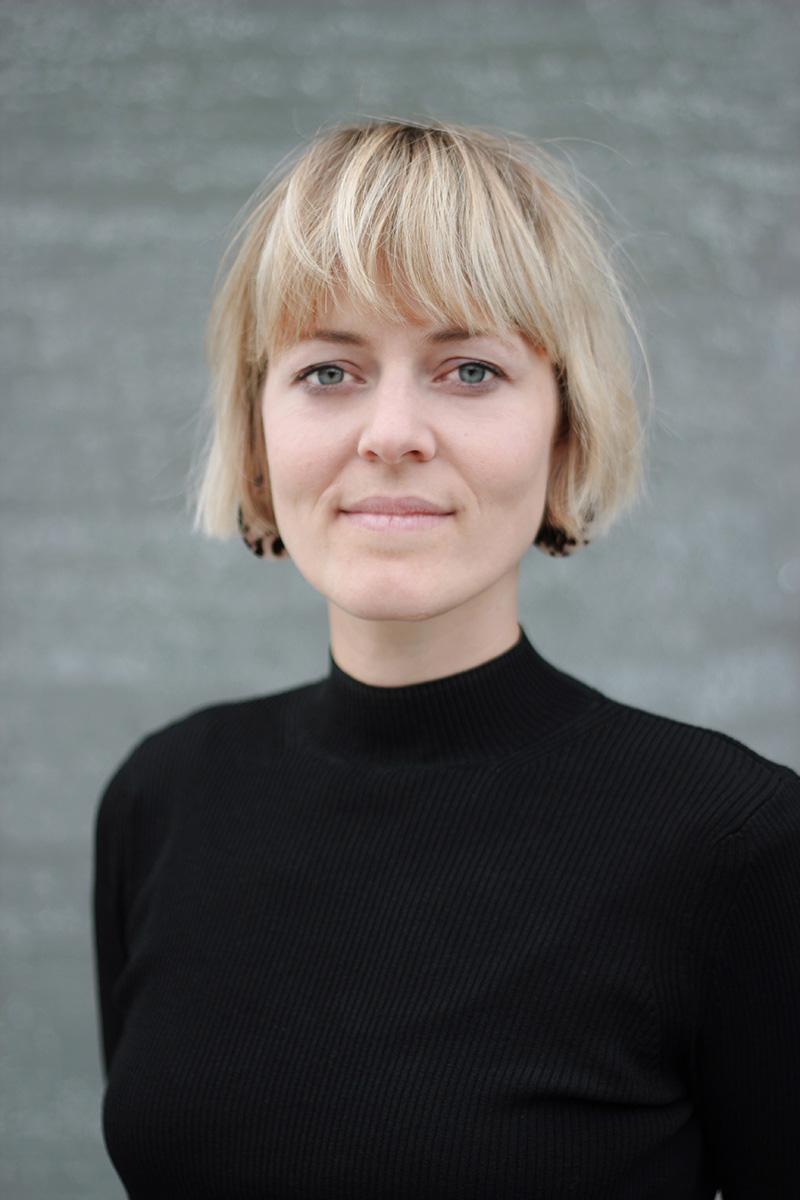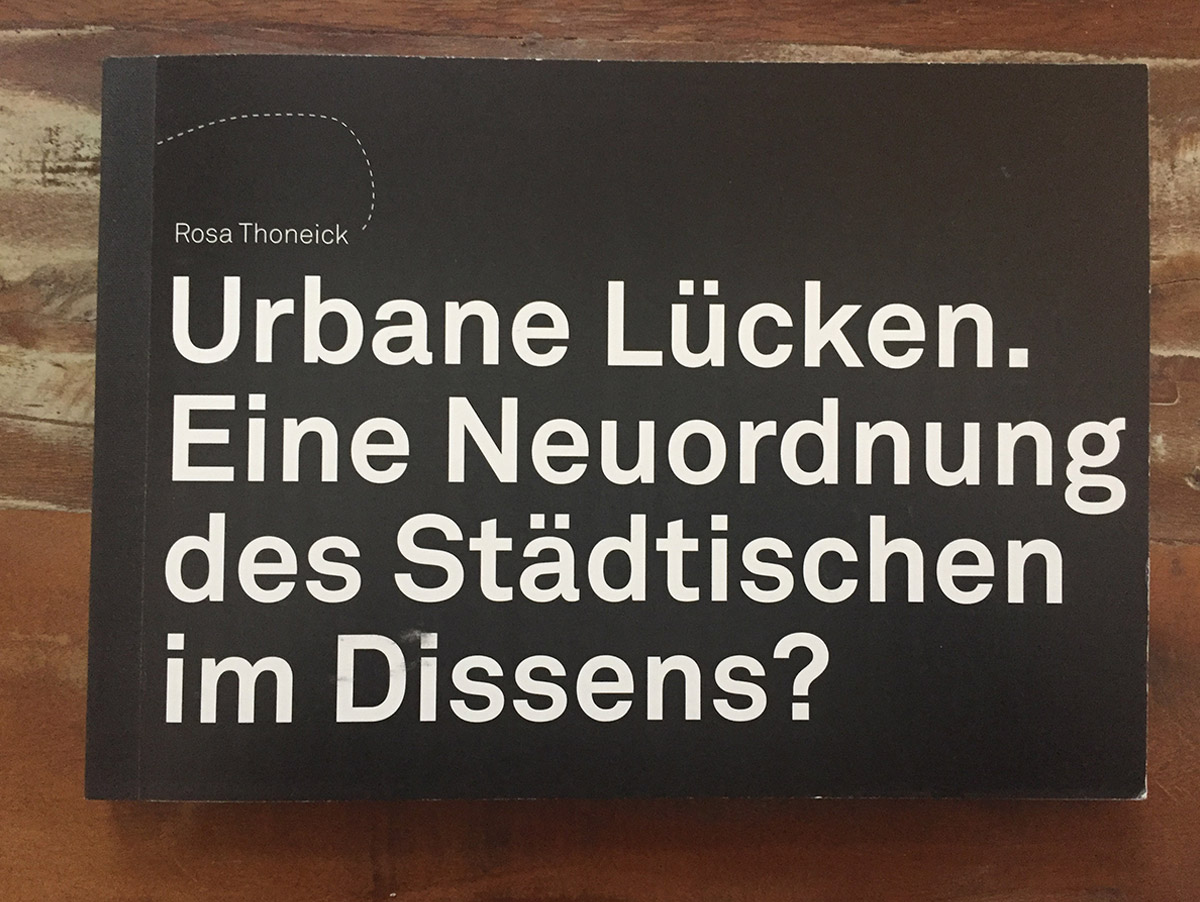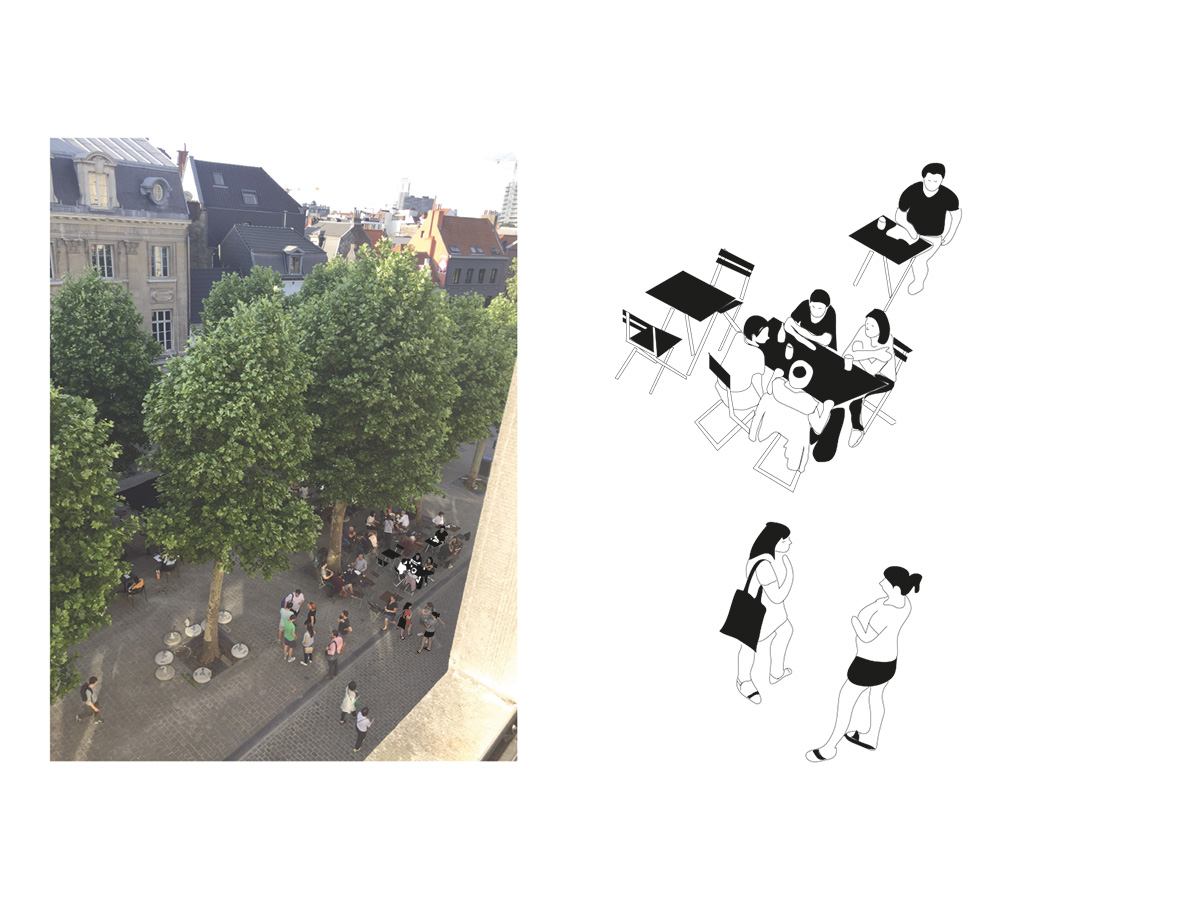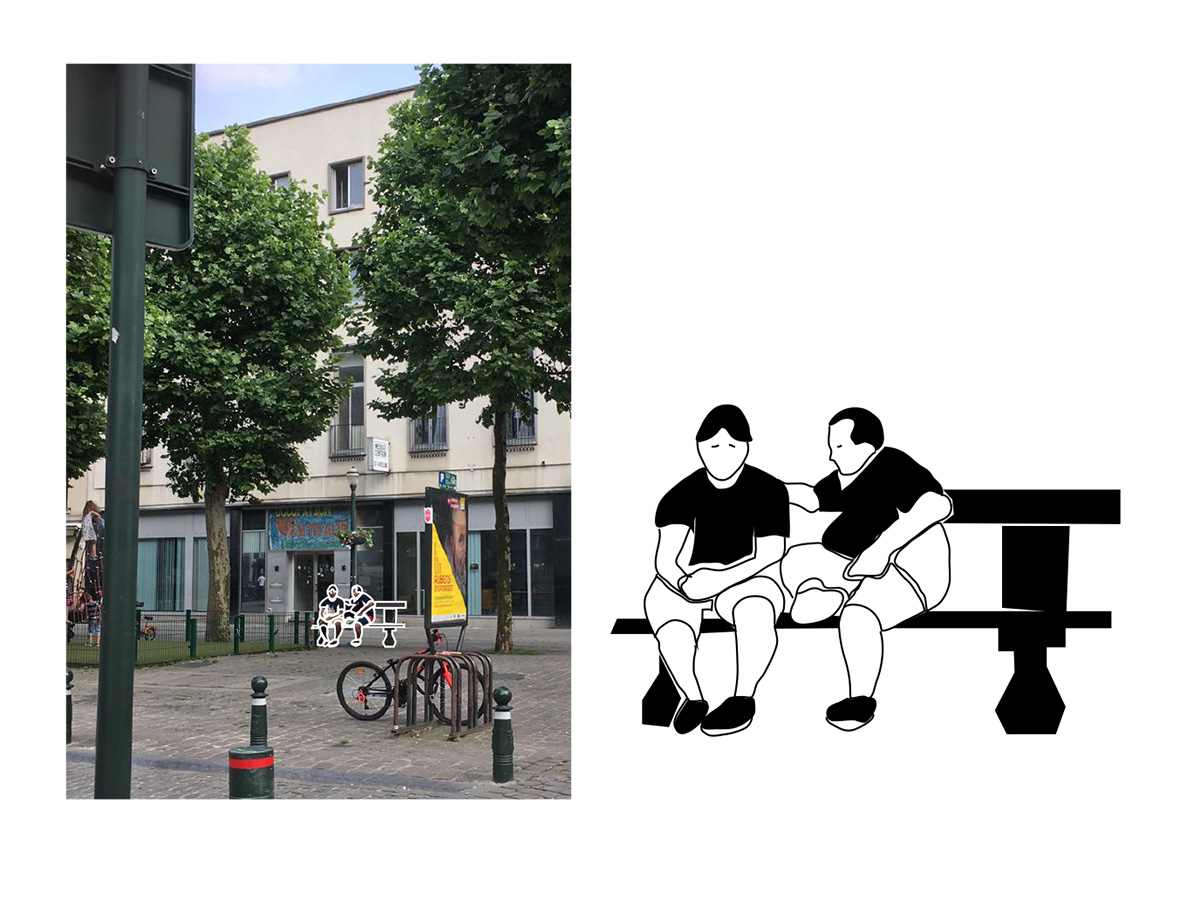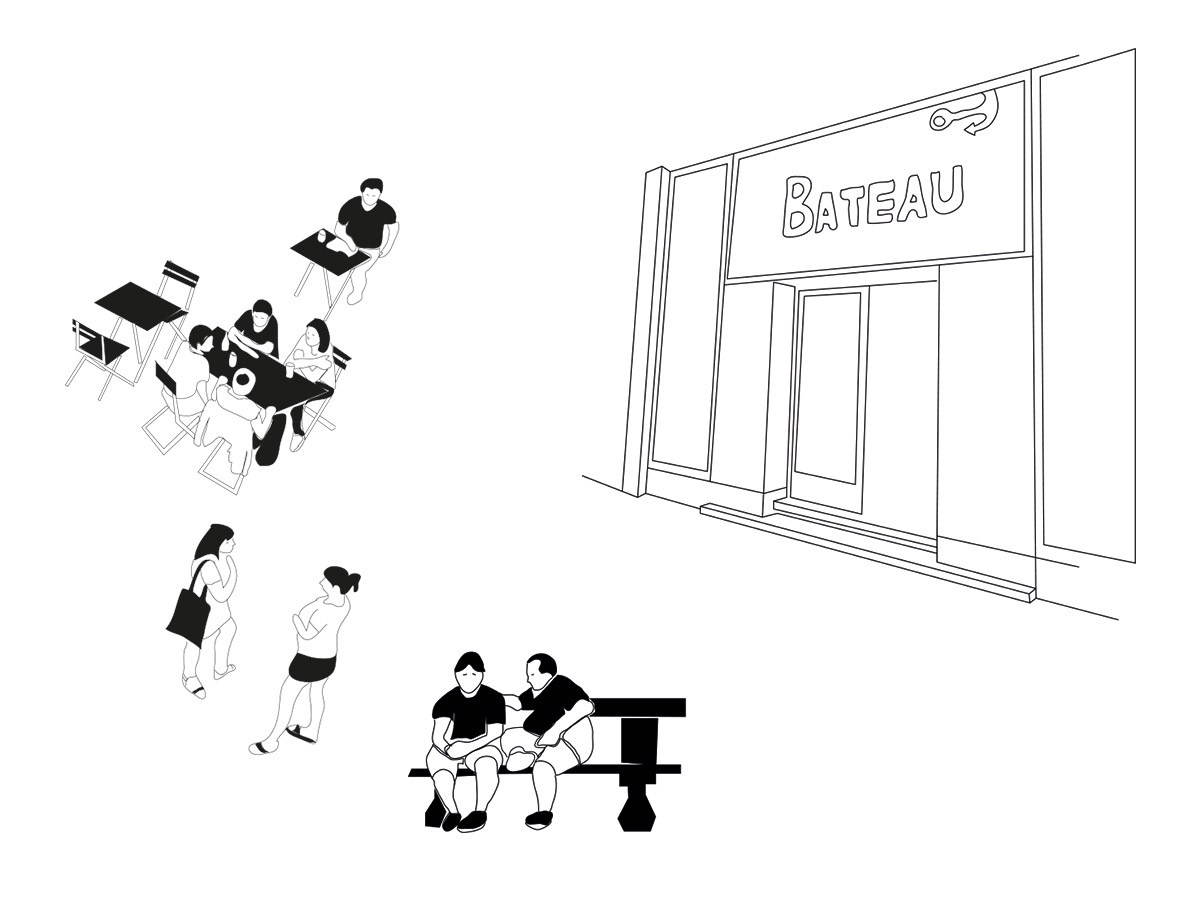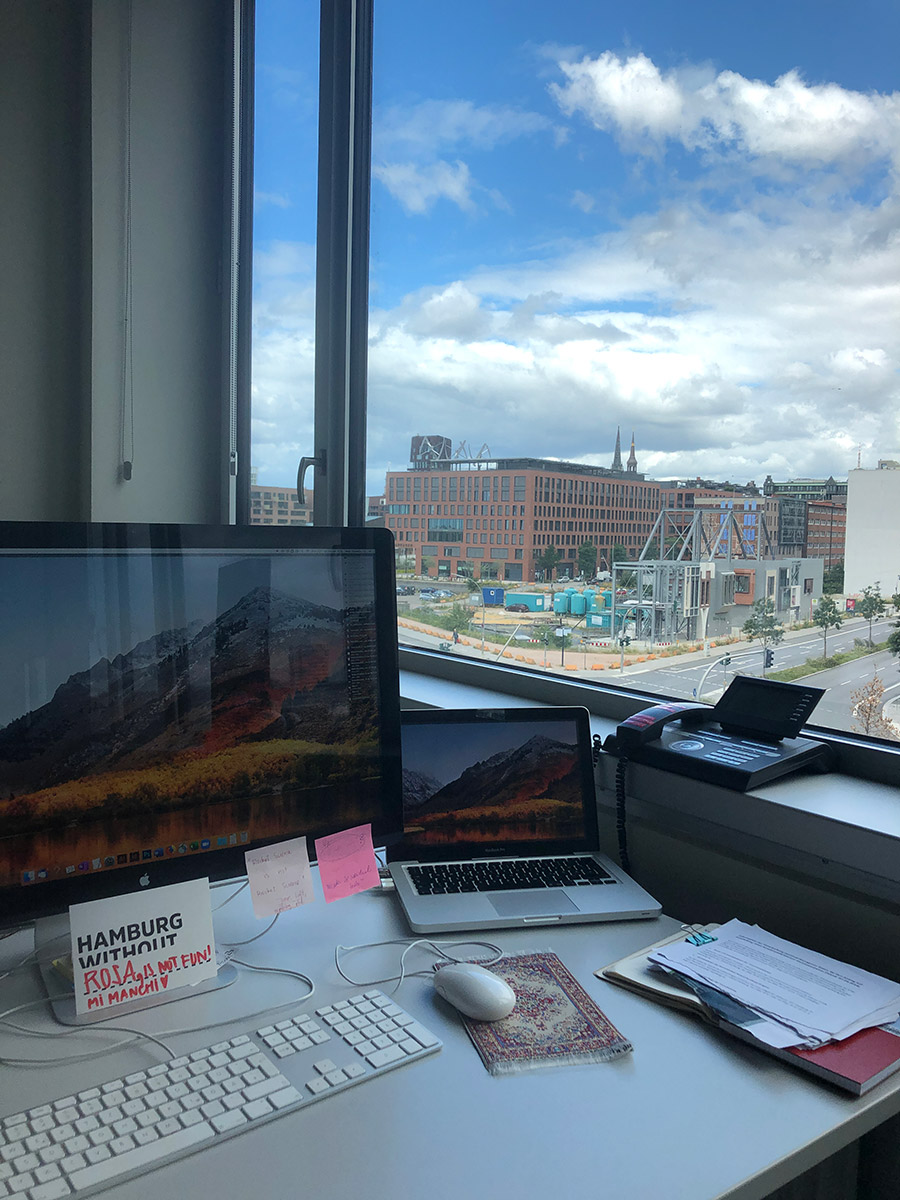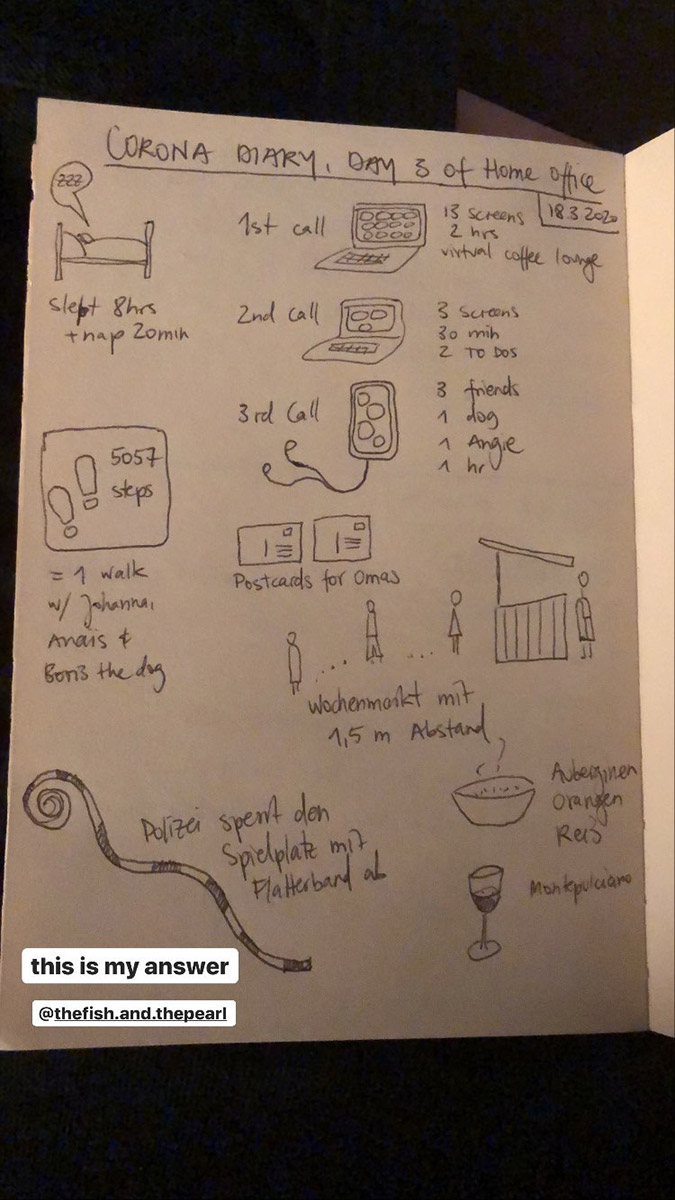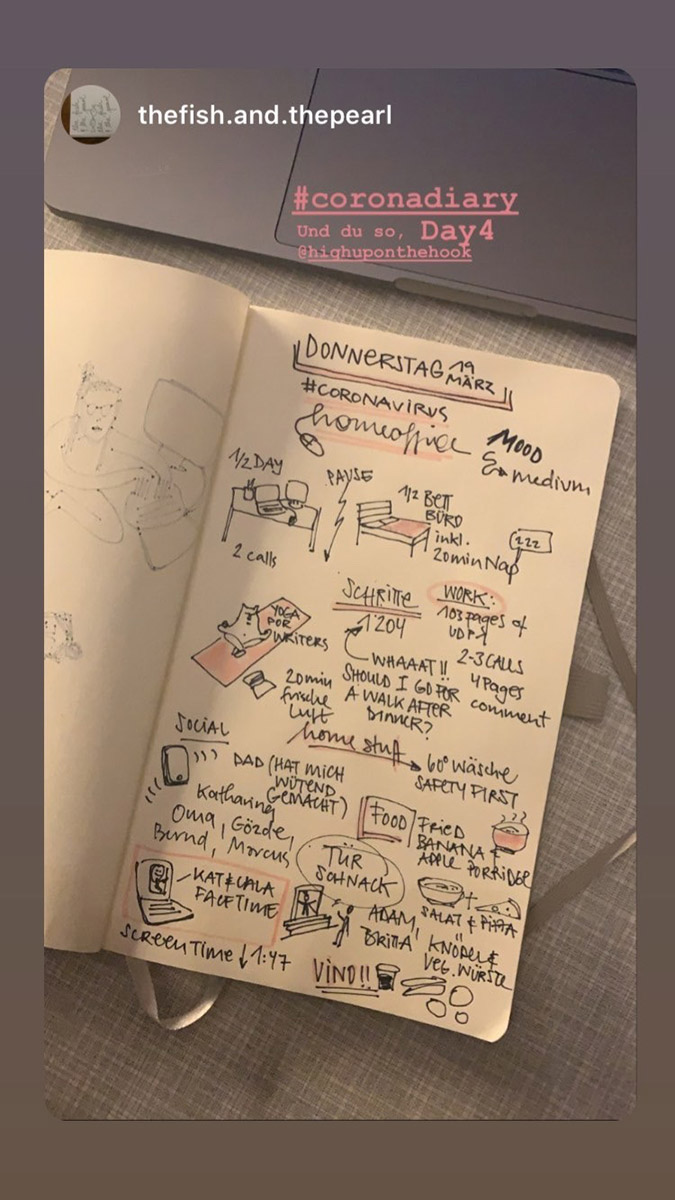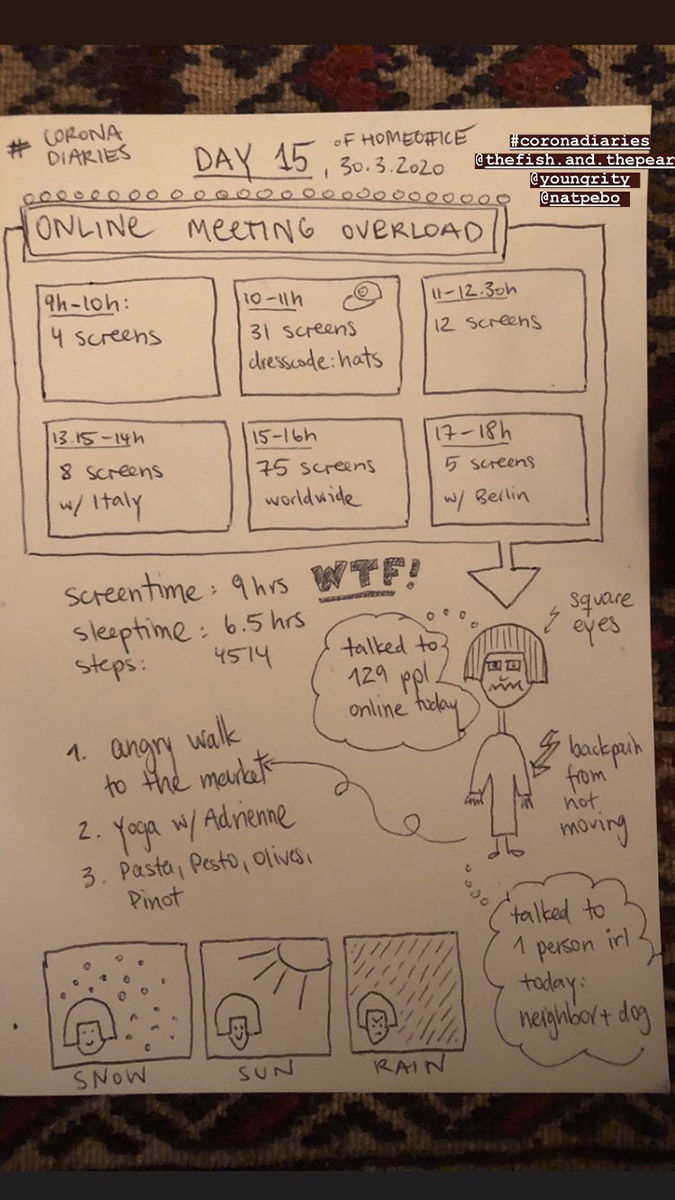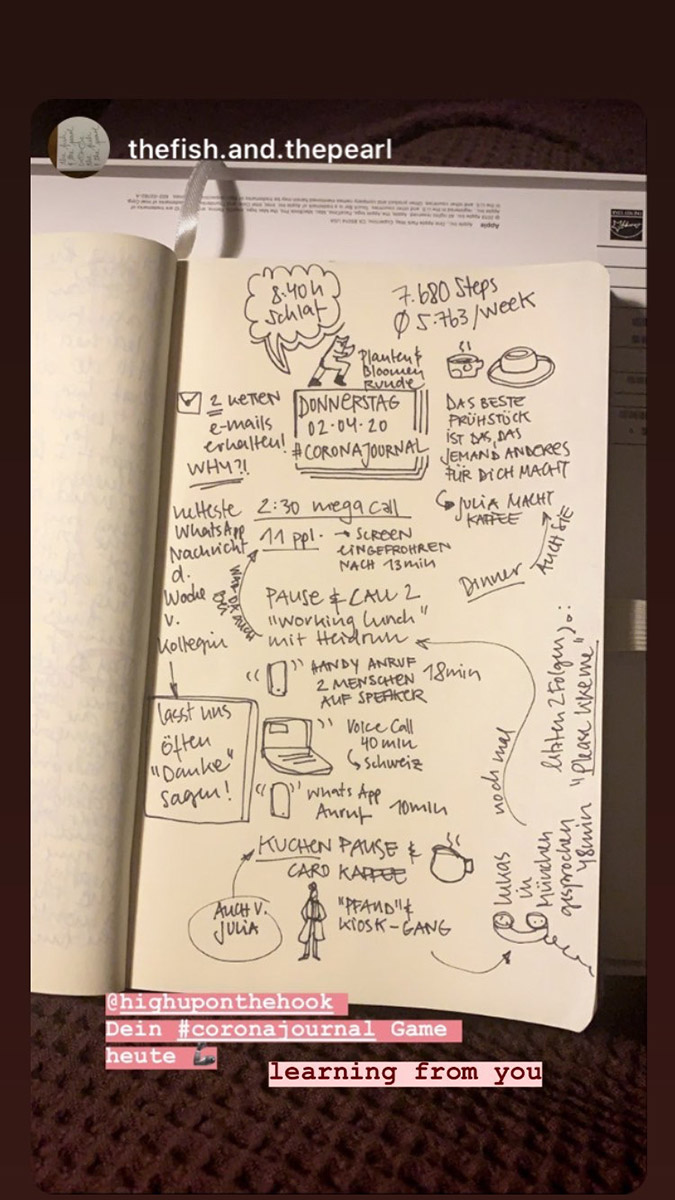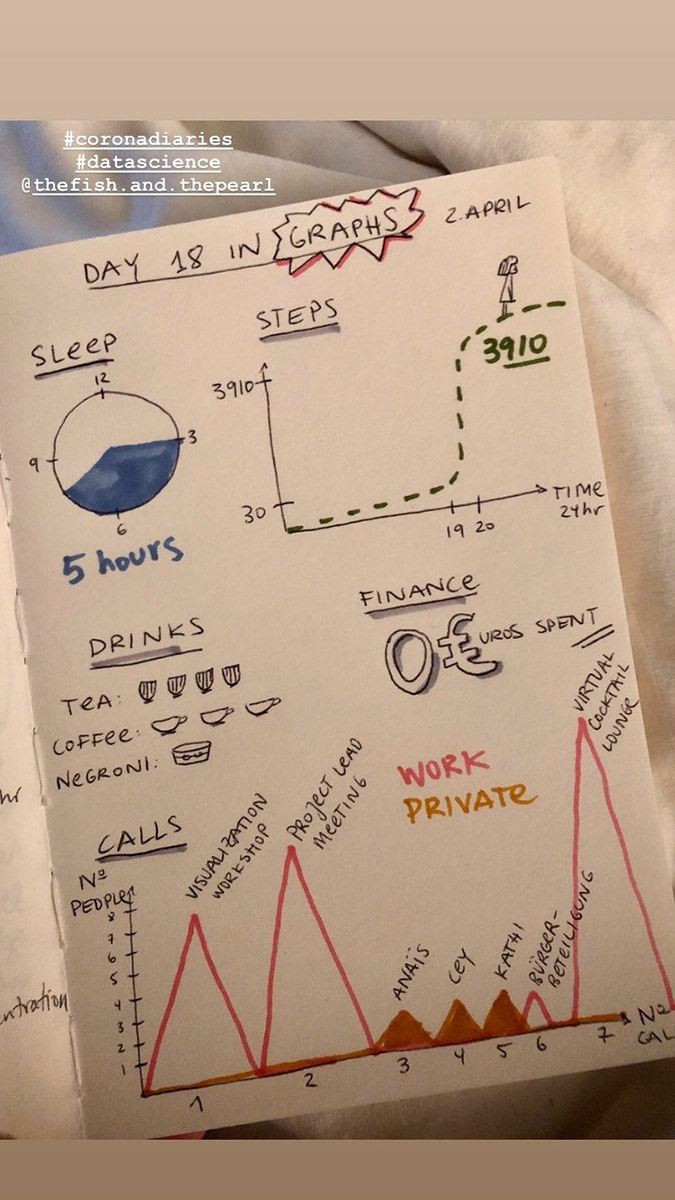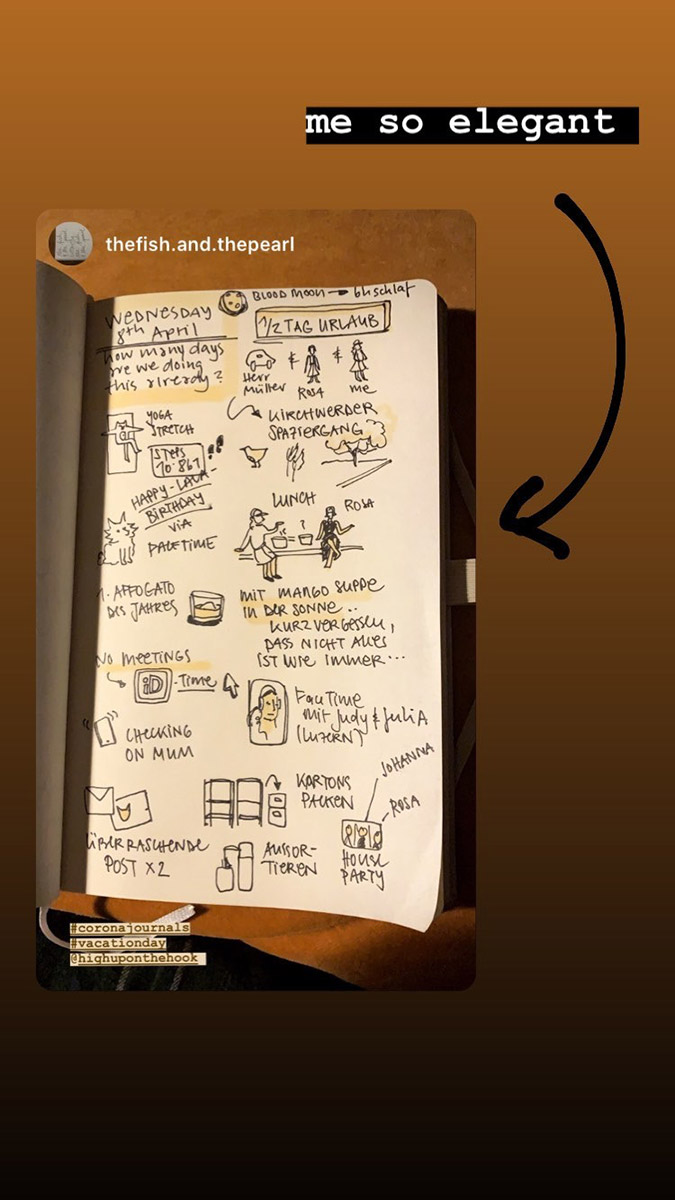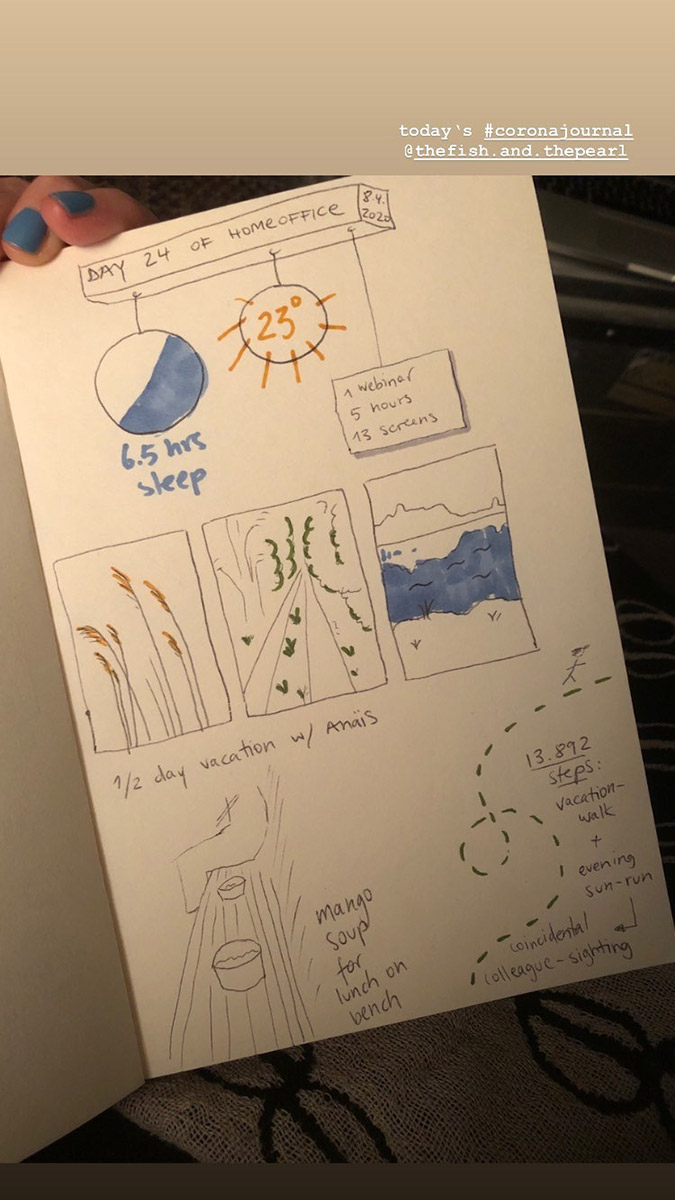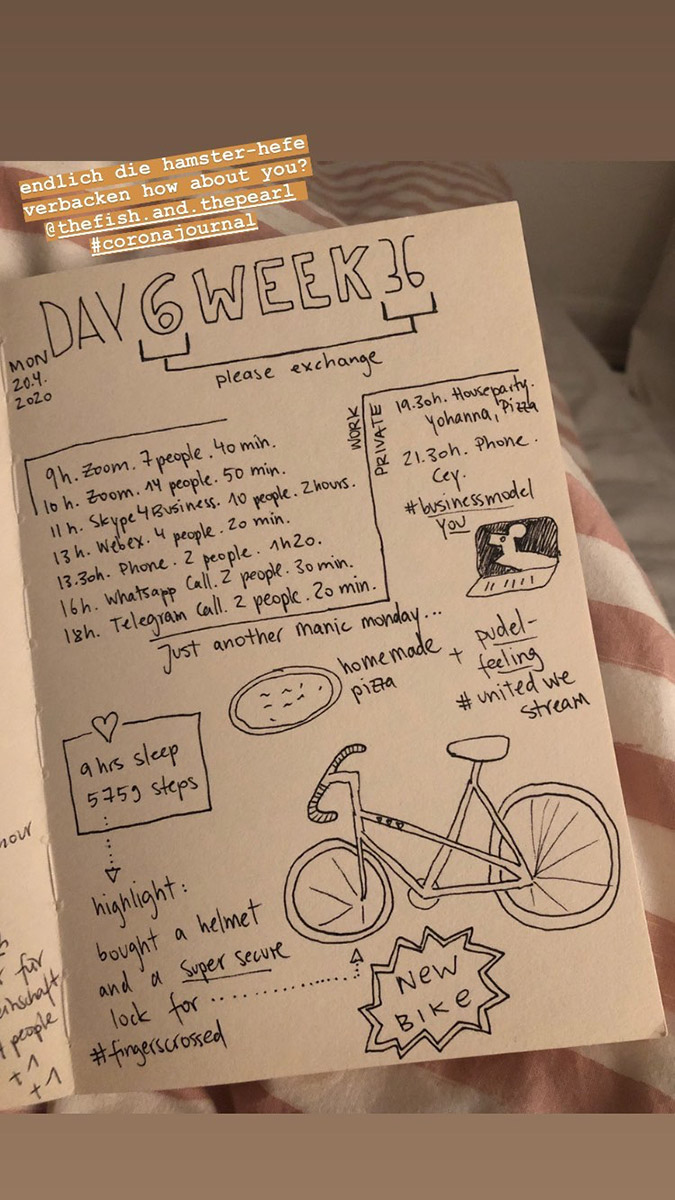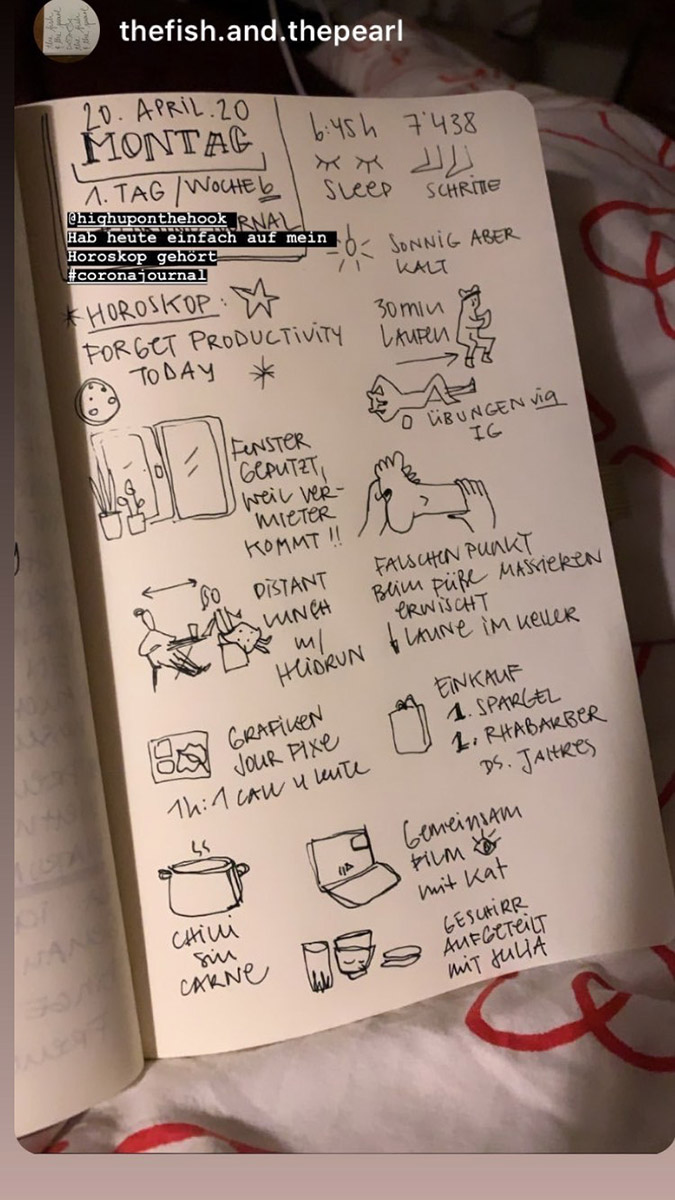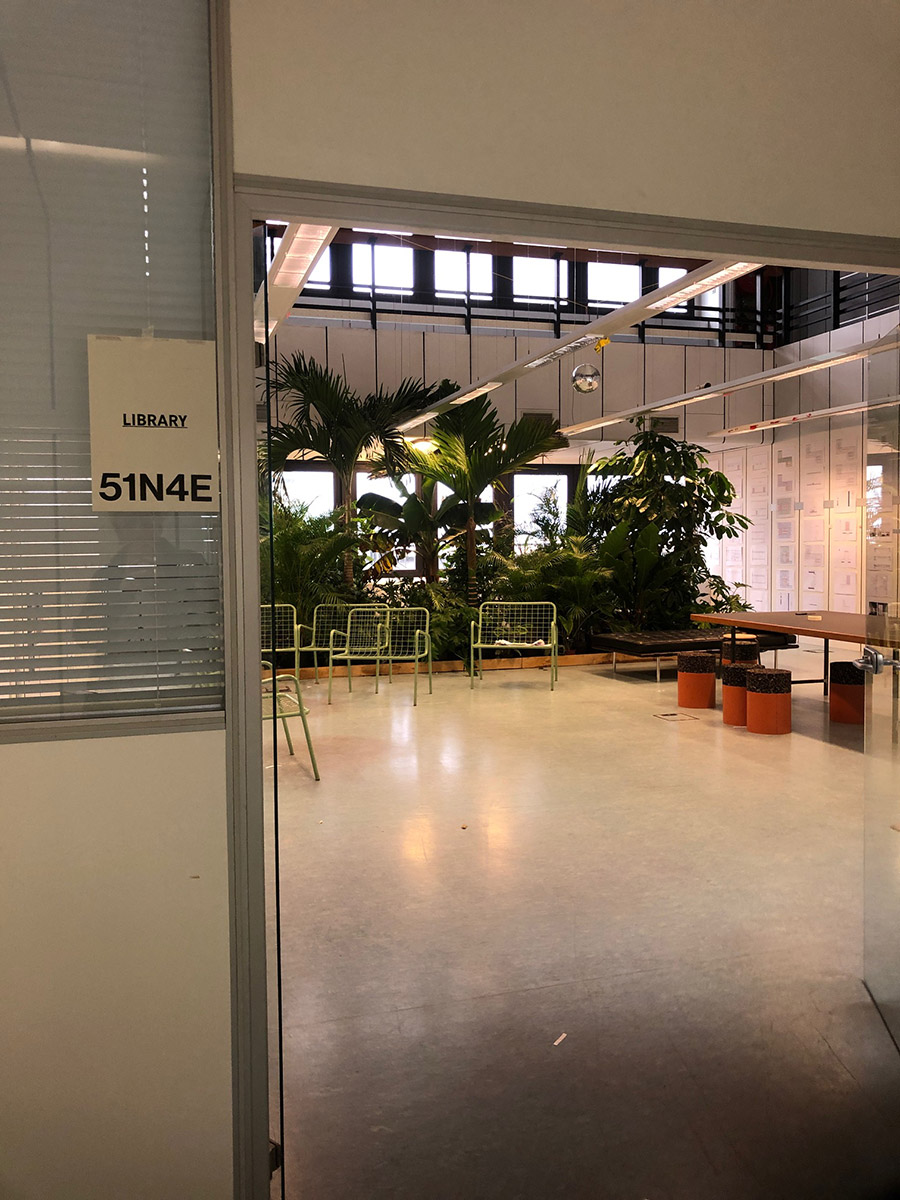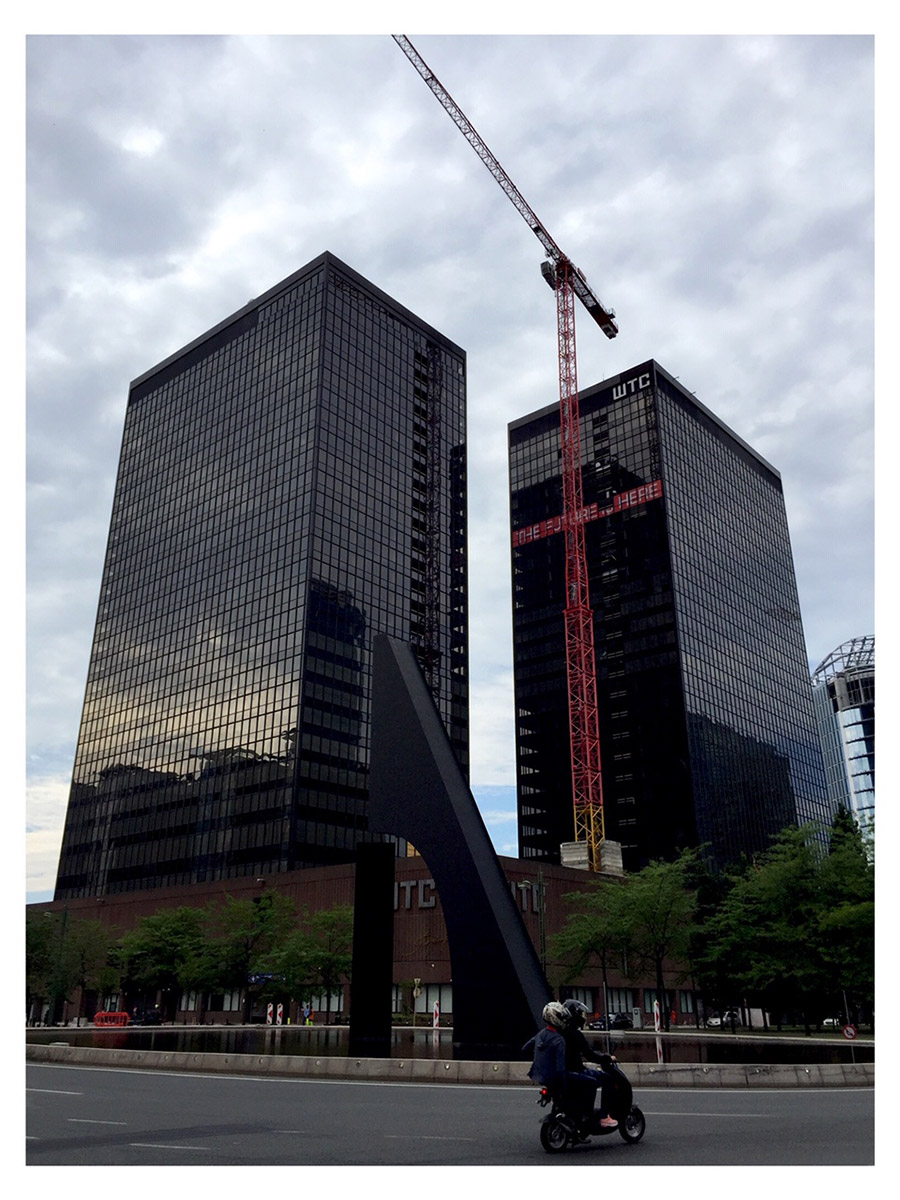20/041
Rosa Thoneick
Journalist and Researcher
Hamburg
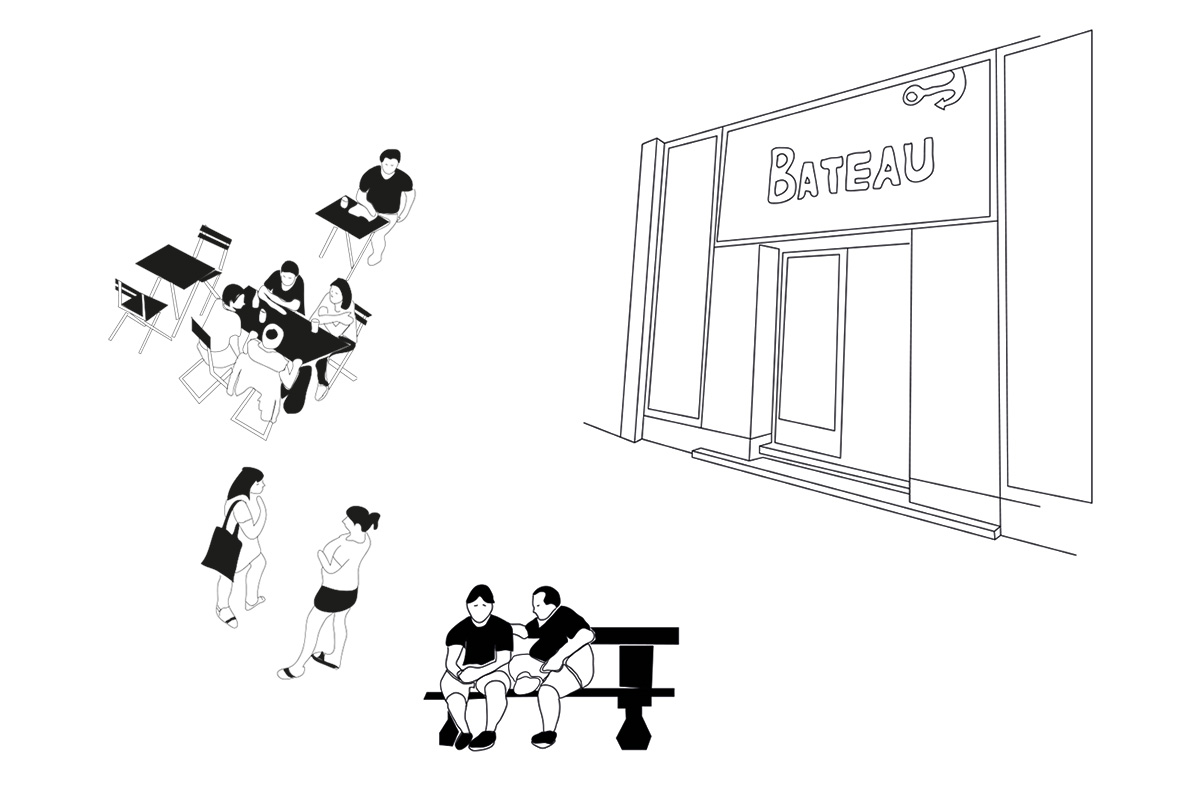
«I strongly believe that the diversity of societies needs to be included in all stages of urban production, decision-making, and governance.»
«I strongly believe that the diversity of societies needs to be included in all stages of urban production, decision-making, and governance.»
«I strongly believe that the diversity of societies needs to be included in all stages of urban production, decision-making, and governance.»
«I strongly believe that the diversity of societies needs to be included in all stages of urban production, decision-making, and governance.»
«I strongly believe that the diversity of societies needs to be included in all stages of urban production, decision-making, and governance.»
Please, introduce yourself…
Oftentimes I use the french term “slasheur” to introduce my career, for the slashes that divide the enumeration of things I do: Journalist / Researcher / Facilitator. I write articles, produce documentaries, offer editorial counseling. But I am also an urban researcher at the CityScienceLab, a research and technology hub that was set up in collaboration with the MIT Media Lab. We focus on digital city science, so I look at how digital innovations affect the urban, how digitalization changes governance and participation in planning procedures, how it can facilitate migration and arrival procedures. My motivation is to enable marginalized voices to express and be heard. I strongly believe that the diversity of societies needs to be included in all stages of urban production, decision-making, and governance.
Experimenting with innovative ways of collaboration in urban environments helps inviting different perspectives of a variety of stakeholders. That is why I am currently exploring a third path: that of a facilitator or process consultant. I am enabling interdisciplinary teams, organizations and other entities to innovate their collaboration and communication in order to facilitate exchange and foster knowledge transfer.
How did you find your way into the field of architecture?
Throughout my adolescence and early adulthood, I realized that the things that fascinated me most when visiting cities were not the sites that you would find in a travel guide, but rather the overlooked residential areas, one would call “Kiez” in German. Walking down the blocks of the Mission District in San Francisco, the back alleys of Nyamirambo in Kigali, and these endlessly long avenues in Chongqing, I was fascinated by the changing atmospheres of urban typologies, by the visual language of the corner shops and meeting places, the choreography of people walking and inhabiting their streets. I realized that it is not so much architecture that interested me, but what happens in-between, or rather: in relation to architecture. I wanted to explore this topic in depth and found my match studying Urban Design in Hamburg and Brussels. The studies enabled me to ask many questions and helped me to explore complex urban matters.
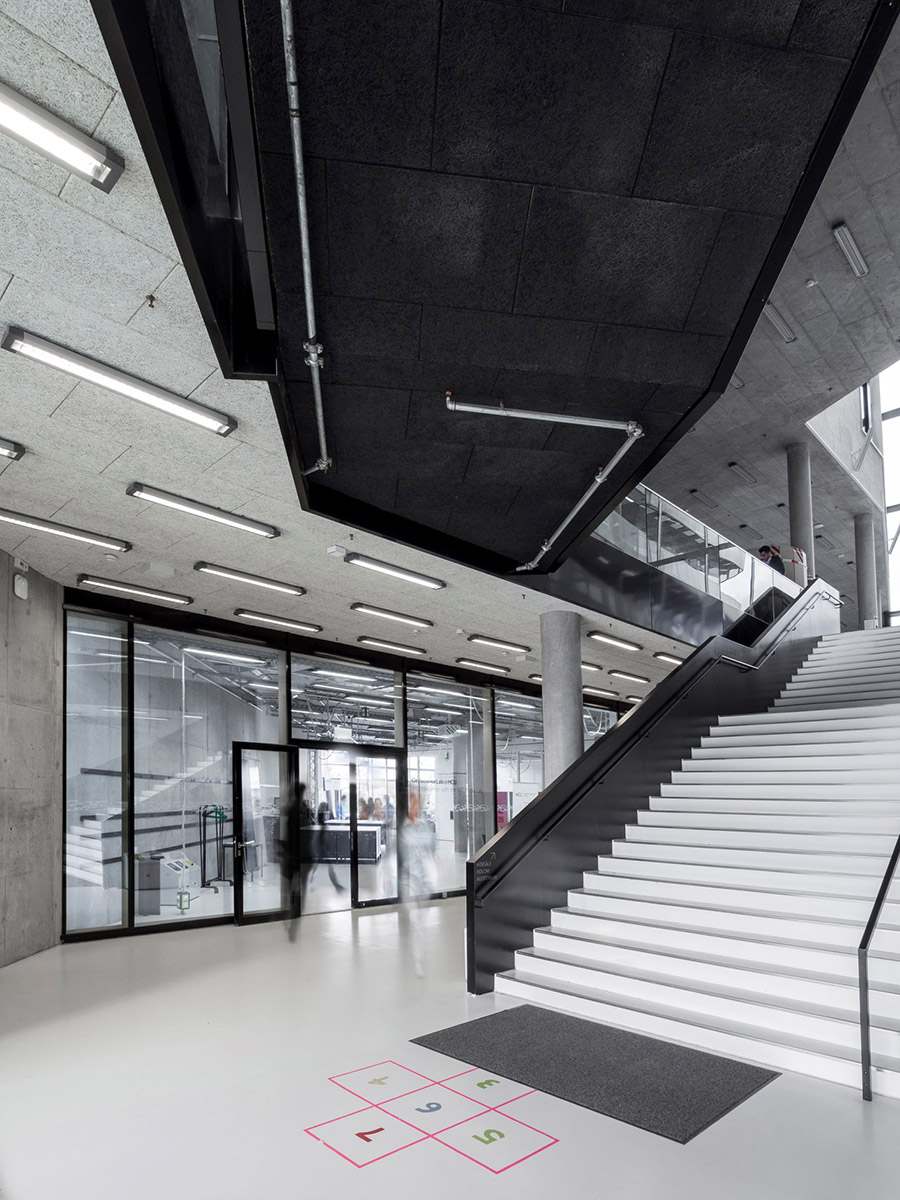
City Science Lab; HCU, Hamburg
What comes to your mind, when you think about your diploma project?
My master thesis focused on urban migration policies and the reality experienced by undocumented migrants in Brussels, where I was living at that time. The topics I dealt with—inclusivity, diversity, visibility, collaboration, agency—are reflected in my current work. I publish on decision making, always asking the question: who is being included in the production of digital and urban systems. Now, I am working on the MICADO research project where we—a group of around 50 people in five European countries—are developing a digital service that enables newcomers, civil society organizations and public administrations to better manage arrival procedures. The service is created through co-design: We work together with migrants, supporting institutions and administrations in order to produce a solution that is actually meaningful to all stakeholder groups.
How would you characterize the city you are currently based at as location for practicing architecture? How is the context Hamburg influencing your work?
For the CityScienceLab, Hamburg is our living lab: We collaborate with local institutions and administrations to co-develop tools and employ these in the city to test and refine our technologies. An immense facilitator is the „Transparenzgesetz“ (transparency law) that encourages public institutions to publish their data, thus facilitating open data approaches.
What does your desk/working space look like?
It’s a chaos: two laptops, two desktop screens, three notebooks that I all use in parallel. Sticking to my screen there is a post-it on which I scribbled down a sentence that a colleague of mine told me a couple of days ago: “Rocket Science is no Rocket Science”. Coming from a Computer Scientist, I find that absolutely encouraging.
How does COVID19 / the Corona Virus change the way you work? How did you master these difficult times? How did your life change?
Without wanting to trivialize the medical, psychological and economic threats that this pandemic has put the world in—from an urban researcher’s perspective, those first weeks of the lockdown in March were fascinating. We immediately started documenting and measuring changing mobility patterns, modes of communication, and tech innovations to understand and learn from the situation. A friend and I also started a dialogue on social media, where every evening we’d draw little sketches of how our days went by. I would argue that these new routines were what kept most people sane during these isolated weeks. My friend is an illustrator so naturally her drawings are way cooler, please follow her @thefish.and.thepearl
How do you communicate/present Architecture?
When I write about urban matters, I try to always and again repeat like a broken record: Cities, Architecture, Systems, all this is never static, never natural, never ending. These are all human-made processes that don’t work by themselves but through human decisions that went into them. Only if we understand that the systems surrounding us are human-made, we feel enabled to change them.
What needs to change in the field of architecture according to you? How do you imagine the future?
People in these fields need to un-learn to think that urban systems are unchangeable solutions. Everything that presents itself as finished solution hides how it comes into being. How can you solve an issue when the world is turning each day, life is going on? The moment you put something out in the world, the context has already changed. We need to accept that things are not standing still, and that thus anything that we put out there can only be a suggestion, a question, a starting point from which to diverge. I think this philosophy would also invite more people to question and to engage in systems.
How do you perceive yourself as a female architect working in a male dominated field? What role plays gender in your work?
Looking at the tech sector, the perception and valuation that goes with gender is an immense problem. There are only 11% of females working in the German tech industry, and when you look at the boards of the big companies this ratio is even worse. That is where decisions are made, and if you’re lacking diversity—not only in terms of gender, but in terms of ethnicity, able-bodiedness and other perspectives—existing bias are easily reproduced into the digital. Further, it is a missed opportunity for innovation. That is why I am extremely thankful to have a female employer who teaches and inspires me on a daily basis. What I have learned so far that I would recommend to young female professionals: Don’t let yourself be influenced by (male) leadership stereotypes. Create networks. Nurture allyship.
Be confident with reformulating a decision when presented with new data. Be empathetic. It’s great when you’re the female expert in an all-male panel—but it would be even better to demand parity. Cite female thinkers and promote your idols. Listen. Prioritize collaboration over hierarchy. I think all these are inherently female qualities, if you want to use these words. So I think we’re very well equipped for the transformation of professional life that is about to come.
What person/collective or project do we need to look into?
Julia Erdmann Socialtecture in Hamburg
@julia.erdmann
51N4E in Brussels
@51n4e
Website: rosathoneick.de (work in progress)
Instagram: @rosathoneick
Fotocredits: Portrait © Soraya Koshar / CityScienceLab © HCU Hamburg /Desk, 51N4E © Rosa Thoneick / Corona Diaries © Rosa Thoneick, Anais Wiedenhöfer @thefish.and.thepearl
Interview: kntxtr, ah+kb, 10/2020
